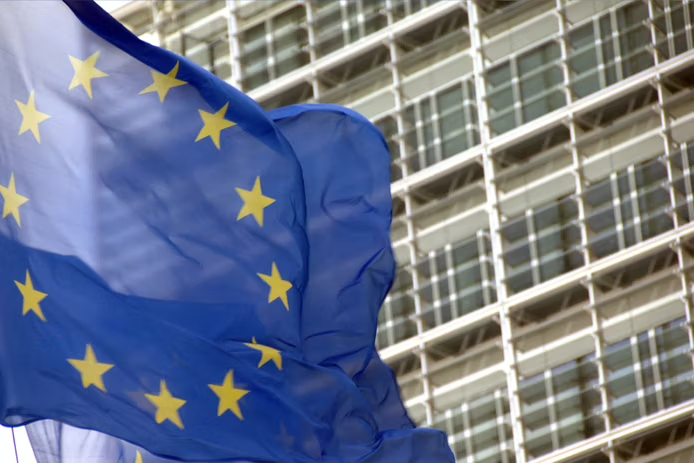European parliament outlines measures to ‘drive fast fashion out of fashion’

The European parliament’s Environment Committee has outlined a series of recommendations and measures that hope to encourage countries in the European Union to produce circular, sustainable and socially responsible textiles.
Members of European Parliament (MEPs) stated that products sold in the region “should be more durable, easier to use, repaired and recycle”, as well as made of recycled fibres “to a great extent” and free of hazardous substances.
Additionally, the group emphasised that textiles should be produced in a respectful manner for humans, social and labour rights and the environment.
The committee is now calling on the European Commission and EU countries to adopt measures that “put an end to fast fashion”. In its request, the group began with a clear definition of the term based on “high volumes of lower quality garments at low price levels”.
It has asked for those in the region to better inform their consumers in order to aid them in making responsible decisions, suggesting the introduction of a ‘digital product passport’ which the committee said should be added in the upcoming revision of the ecodesign regulation.
MEPS call for an end to fast fashion and greenwashing
MEPs are also calling for science-based targets to be put to use, which would require the reduction of greenhouse gas emissions across the entire textile sector.
This also comes at the request to ensure the use of less energy and water-intensive processes, with all requirements for textile and footwear products to be “adopted as a priority”.
Other recommendations include a revision of the Waste Framework Directive to phase out the landfilling of textiles, an explicit ban on the destruction of unsold or returned goods, rules to end greenwashing practices and the implementation of fair and ethical trade practices.
Spokesperson for the committee, Delara Burkhardt, said in a release: "Consumers alone cannot reform the global textile sector through their purchasing habits.
“If we allow the market to self-regulate, we leave the doors open for a fast fashion model that exploits people and the planet’s resources.
“The EU must legally oblige manufacturers and large fashion companies to operate more sustainably. People and the planet are more important than the textile industry’s profits.
“The disasters that have occurred in the past, such as the collapse of the Rana Plaza factory in Bangladesh, growing landfills in Ghana and Nepal, polluted water, and microplastics in our oceans, show what happens when this principle is not pursued. We have waited long enough - it is time to make a change.”
2023-04-29 11:18:33- 上一篇

Oakley reimagines flagship with a museum of products
Oakley has reopened one of its first retail stores, located at the Oakley One Icon headquarters in F
- 下一篇

Positive growth across markets drive Q1 sales at SMCP
French fashion group SMCP, the parent of Sadro, Maje, and Claudie Pierlo, has reported sales at 305
相关文章
- 5 Trends from Milan men's fashion week
- Pharrell Williams for Louis Vuitton presents a show worthy of a Hollywood production
- Christopher Kane could shut down namesake label
- IFCO, Europe's biggest fashion fair, taking place August 9 to 11 in Istanbul
- Nike commits to Responsible Wool Standard
- Who are the winners of Mod'Art's E.Fashion Awards 2023?
- Colours trends for SS24 give the female body a voice
- Item of the week: the distressed jeans
- Scotch & Soda: All UK stores reportedly closing following rescue
- Up-and-coming fashion talant Burc Akyol: "We manage to make magic out of very little"

